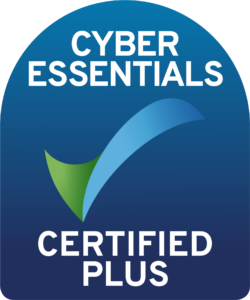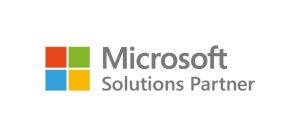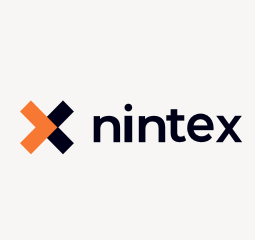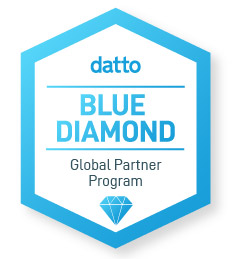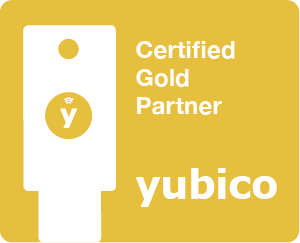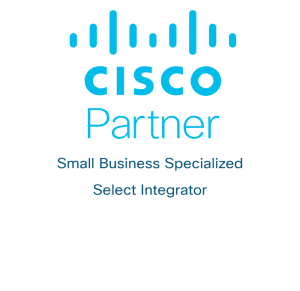Technology
Microsoft 365
Compliance manager, a part of Microsoft 365, is a great tool to help implement and maintain legislative compliance. To also mitigate the impact of compromised accounts, organisations can find a number of tools within Office 365 and Microsoft 365.
Data Loss Prevention (DLP)
DLP allows organisations to identify sensitive information (such as data containing personal identifiable information) across Exchange Online, SharePoint Online, OneDrive for Business, and Microsoft Teams. This information can then be used to automatically apply policies, controlling who is granted access. This reduction in accounts with access to sensitive data reduces the risk of a compromised account accessing this information.
Advanced Threat Analytics (ATA)
ATA utilises behavioural analytics and machine learning to monitor working patterns and detect abnormal behaviour. These detections may be able to identify phished accounts and malicious attacks, allowing security teams to take the appropriate steps to mitigate damage.
Information Rights Management (IRM)
IRM can be applied to lists or libraries to limit the actions users can take on any files downloaded, limiting read access and encrypting downloaded files, allowing only a limited number of users and programs the ability to decrypt these files. Again, this reduces the number of accounts with access to sensitive data, reducing the risk of a compromised account accessing this information.



